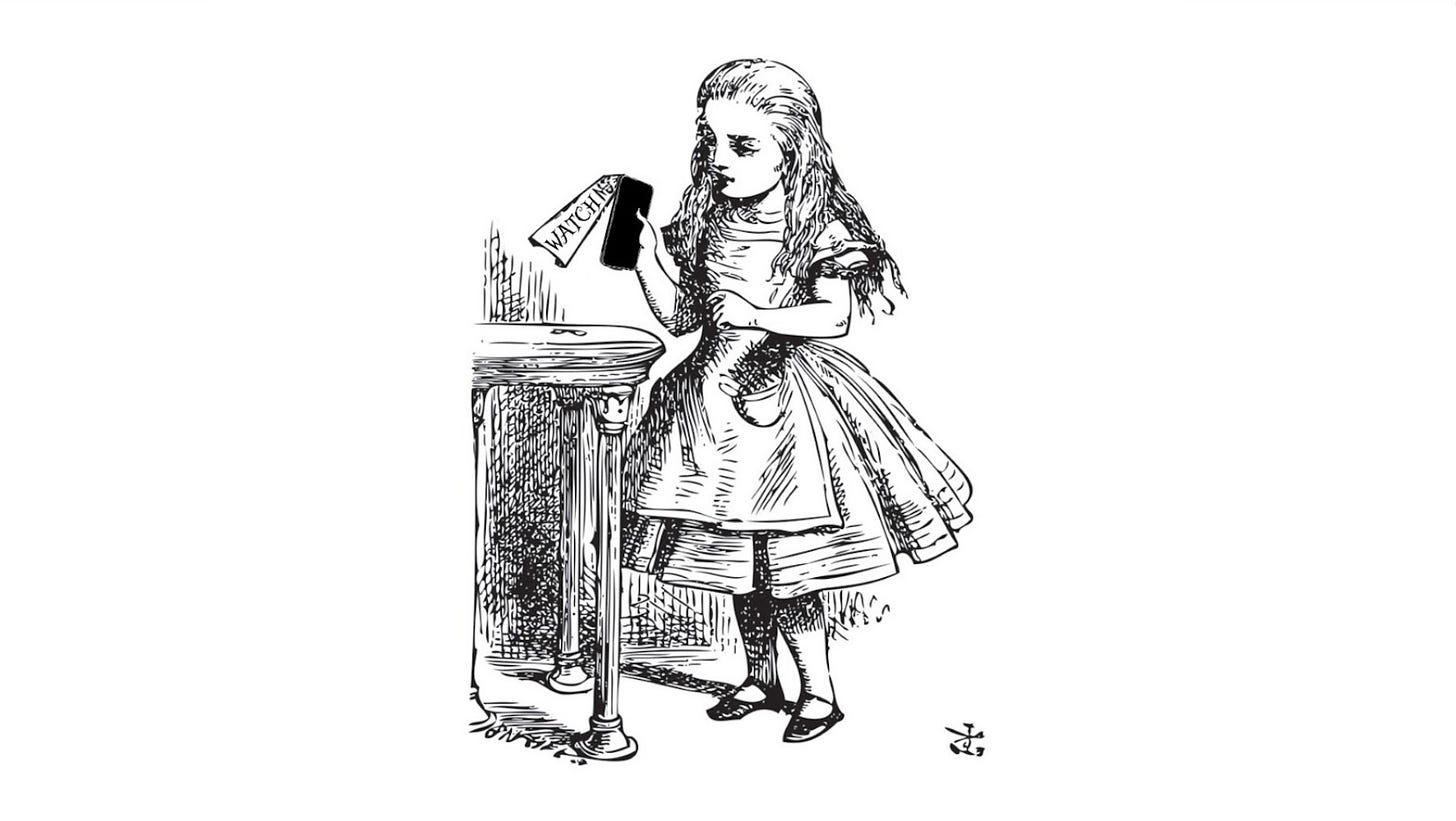“If You Had Asked Me At 11 If I Wanted To Be A Boy, I Would Have Said ‘Yes.’”
Why trans dogma hurts girls
by Nina Power
Teenagers in North America and Britain increasingly suffer from mental illness, with prominent psychologists blaming social media for the rise of everything from anxiety and depression to gender dysphoria, the belief that one is, in some essential way, the opposite sex.
And yet biological sex is immutable. It manifests itself in multiple ways over the course of every man’s and woman’s lifetime. Most everyone knows this. And yet we are confronted with a particularly aggressive belief system, transgenderism, that demands a complete overhaul of language, law, and social life and which severely punishes people if they don’t comply.
I have nothing but compassion for adolescents suffering from feeling unhappy in their bodies. Indeed, it is out of my concern for them that I write. If you’d asked me at 11 if I wanted to be a boy, I would have said, “Yes.” Until recently, it was normal for girls to be boyish without interference. Some grew up to be gay or bisexual; others didn’t.
Until recently, quite a few girls dressed boyishly and had interests typically associated with boys, including machines, adventure, and Dungeons & Dragons, and no one had a problem with it. No one would have dreamed of suggesting that such behavior indicated that the tomboy was really a boy trapped in a girl’s body.
Today, the boyish girl is in danger of being told she was “born in the wrong body” and whisked off to a gender clinic to begin the journey from puberty blockers to breast removal to reproductive surgery and, ultimately, infertility. Setting children on this path — one that many regret — is an obvious, grotesque harm. We have taken a terribly wrong turn in allowing pharmaceutical companies to construct lifelong patients out of healthy children.
Why is that? What, exactly, changed?
The Great Disembodiment






